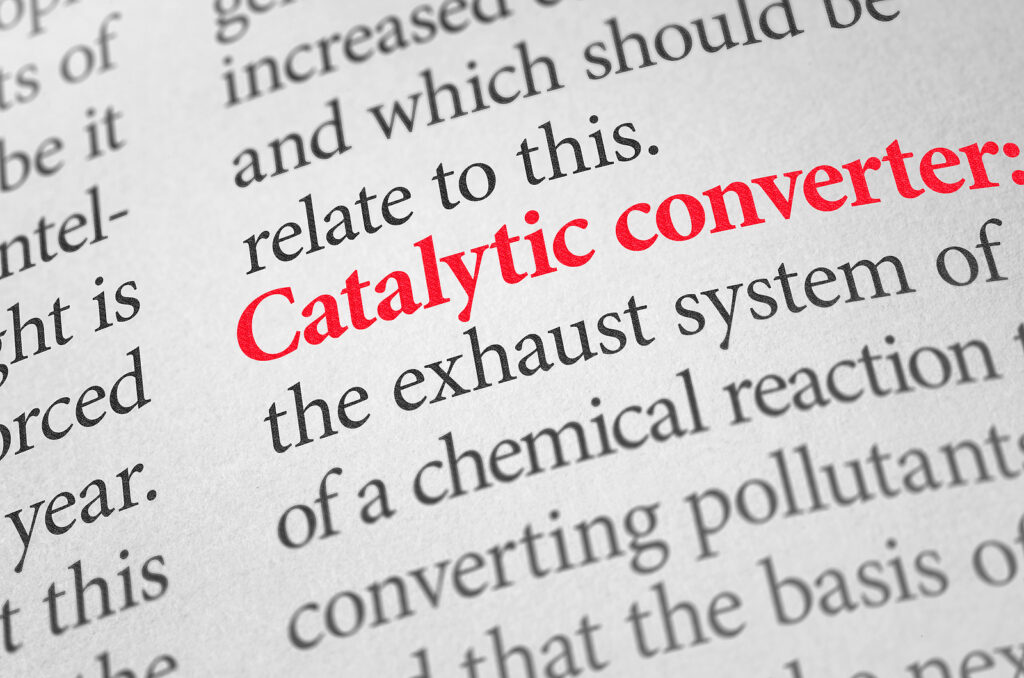As a person who owns and operates a car, there are some basic automotive facts you know, like the importance of routine oil changes and when to have your brake pads replaced. But many people, perhaps yourself included, are not familiar with the value of a vehicle’s catalytic converter. Not only is the catalytic converter the primary emissions control system for your vehicle, but it is also designed to reduce the harmful effects of a car’s overall emissions output.
For these reasons and more, catalytic converters are vital automotive part. Not quite convinced? Continue reading to learn 4 interesting facts about catalytic converters that you did not know before!

Facts About Catalytic Converters
Catalytic Converters are Designed to Reduce Air Pollution
Catalytic converters are specially designed to convert harmful and toxic pollutants produced by burning fuel into less harmful emissions. As a result, catalytic converters effectively reduce air pollution. In fact, local jurisdictions in various U.S. states require that all vehicles pass an emissions test before drivers can legally register them. So, in states like California, if you do not have a functional catalytic converter, you will not be driving legally for much longer!
Catalytic Converters are Standard in All Vehicles
Before the Seventies, catalytic converters were not all that common in cars, as they were not standard in the automotive manufacturing industry. It wasn’t until 1975 that catalytic converters were made a mandatory part of automotive assembly as a response to regulations surrounding the link between vehicles and air pollution.
Catalytic Converters Abate Many Toxic Emissions
As mentioned, catalytic converters effectively convert harmful exhaust pollutants into less harmful ones, making them extraordinary innovations for reducing air pollution levels locally, and even worldwide. They can minimize several types of toxic and poisonous muffler emissions from being released into the atmosphere, including carbon monoxide, nitrogen oxides, and many other kinds of volatile organic compounds (VOCs).
Catalytic Converters Function Optimally at High Temperatures
In most cases of internal automotive workings, too much heat is a bad thing. We’ve all experienced, or at least witnessed, an overheating car engine low on coolant. But when it comes to catalytic converters, they actually work best at higher temperatures. This is not a good thing. As your car gets older, it takes longer for the engine to fully heat up, thus delaying the response of the catalytic converter. So, older cars tend to have less emission control protection compared to cars that are newer, or have new motors.
Is your car’s catalytic converter broken, and the cost to replace it is more than the total value of your vehicle? Contact GC’s Junk Cars at 317-608-2188 to sell your junk car in Indianapolis, Indiana for cash on the spot! We provide free junk car removal, so we come to you!
You Might Also Enjoy:
The Average Cost to Replace a Catalytic Converter
Common Types of Metal in Junk Cars
Do Junk Cars Contain Precious Metal?

